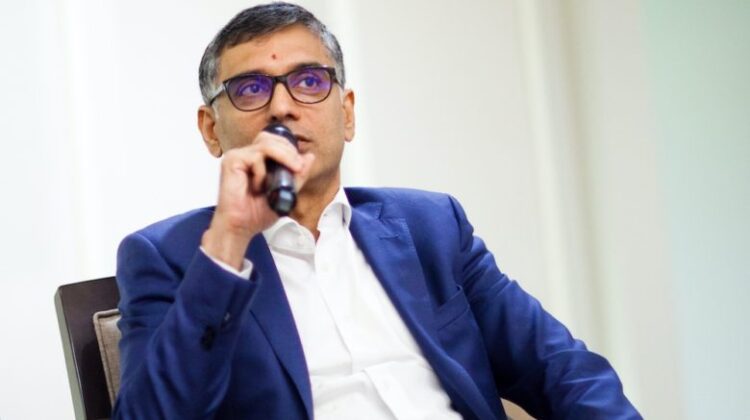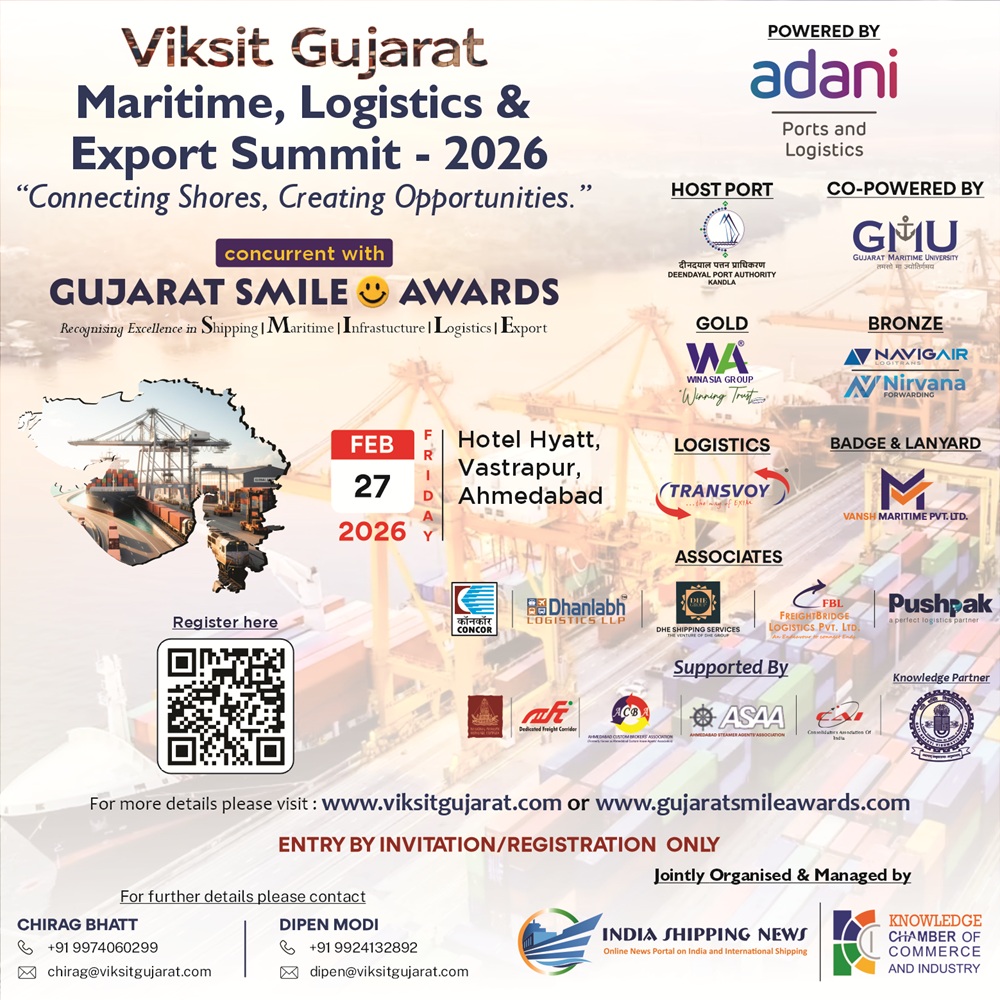
Synergy Marine: The technical partnership model for shipmanagement
SINGAPORE : Founded 15 years ago, Singapore’s Synergy Marine Group has grown very fast to become one of the world’s largest shipmanagers with close to 400 ships on its books. Without legacy issues that older shipmanagement companies face today, Synergy has been able to tap into the new, more collaborative era of shipowning, creating a new business template for shipmanagement that has served it very well to date.
Founded by Captain Rajesh Unni, Synergy positions itself today as a partner to owners trying to navigate the complex regulatory, digital and green pathways the industry is facing.
“I am more and more convinced the future is not third party management but a technical partnership model whether it be on decarbonisation, diversification, digitalisation or commercialisation. How can we help our customers and our customers’ customers succeed,” Unni says in conversation with Maritime CEO.
Other managers have tried to go down this collaborative, joint venture path with owners with mixed fortunes in recent years.
To make this technical partnership model work incentives need to be aligned, Unni reckons, saying: “B2B partnerships need integrity and core values that filter down to every employee.”
Unni is acutely aware of the risks managers will face in attracting quality crew after all the traumas seafarers have endured during the ongoing pandemic. A complete rethink in how to pitch shipping as an exciting career is needed, the Synergy boss argues.
“As leaders in this industry we are not attracting the real good talent that is available,” Unni says. “What we need to do is go out and tell people the amount of opportunity shipping offers today.”
The olden days of mechanical engineers, for instance, are coming to an end with the rise of dual fuel engines
Likewise, a ship’s bridge tomorrow will be totally different with tech taking over.
“I feel you are going to have a completely different type of workforce in the future – the machine/human interaction will be totally different,” Unni says. “We need to invest into the knowhow or else there will be a delta when these new ships come out.”
Getting the message to prospective new employees just right will be vital.
“This is the chance to be on an amazing transition journey,” Unni argues. “Leaders need to be at the forefront, telling them the opportunities and what we can offer them. You have to excite them with the possibilities. Decarbonisation, digitalisation and sustainability resonate with young people.”
For the past month, Unni has upped sticks from Singapore, returning to his native India to help out wherever he can in the fight against Covid.
Unni and his team have been sourcing hospital beds, oxygen concentrators and medication packs across the country as well as setting up vaccination centres.
On vaccines for those at sea, Unni has a solution at hand that he is keen to air to the international community – using port health offices as hubs for vaccines, something that would be easy to make scalable.
“I don’t see this going away in the next two years,” Unni warns. “We will all need boosters, so countries that are less affected could use their port health officers to get jabs done.”
Source : Splash247.com

